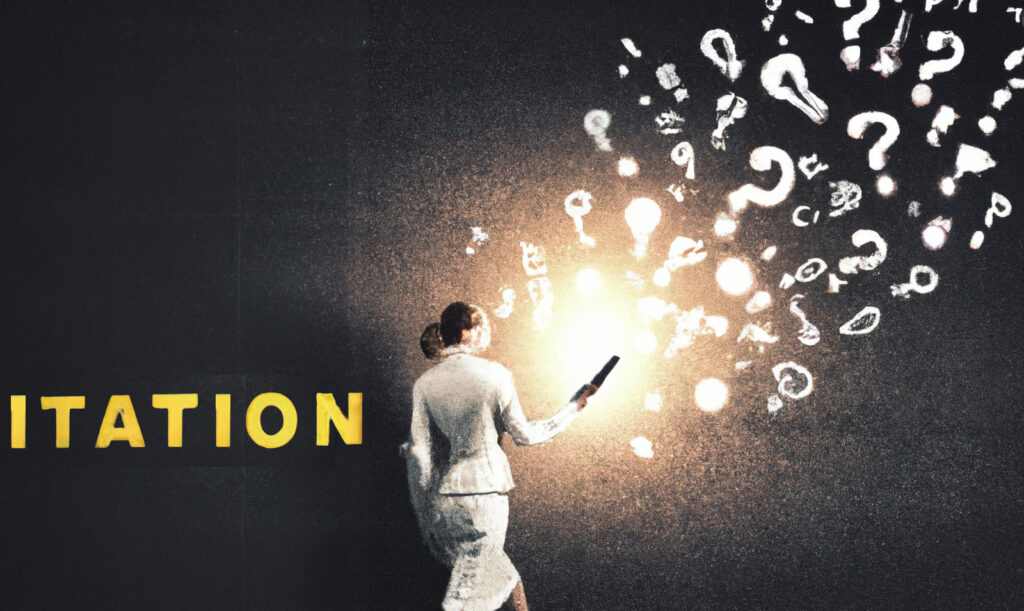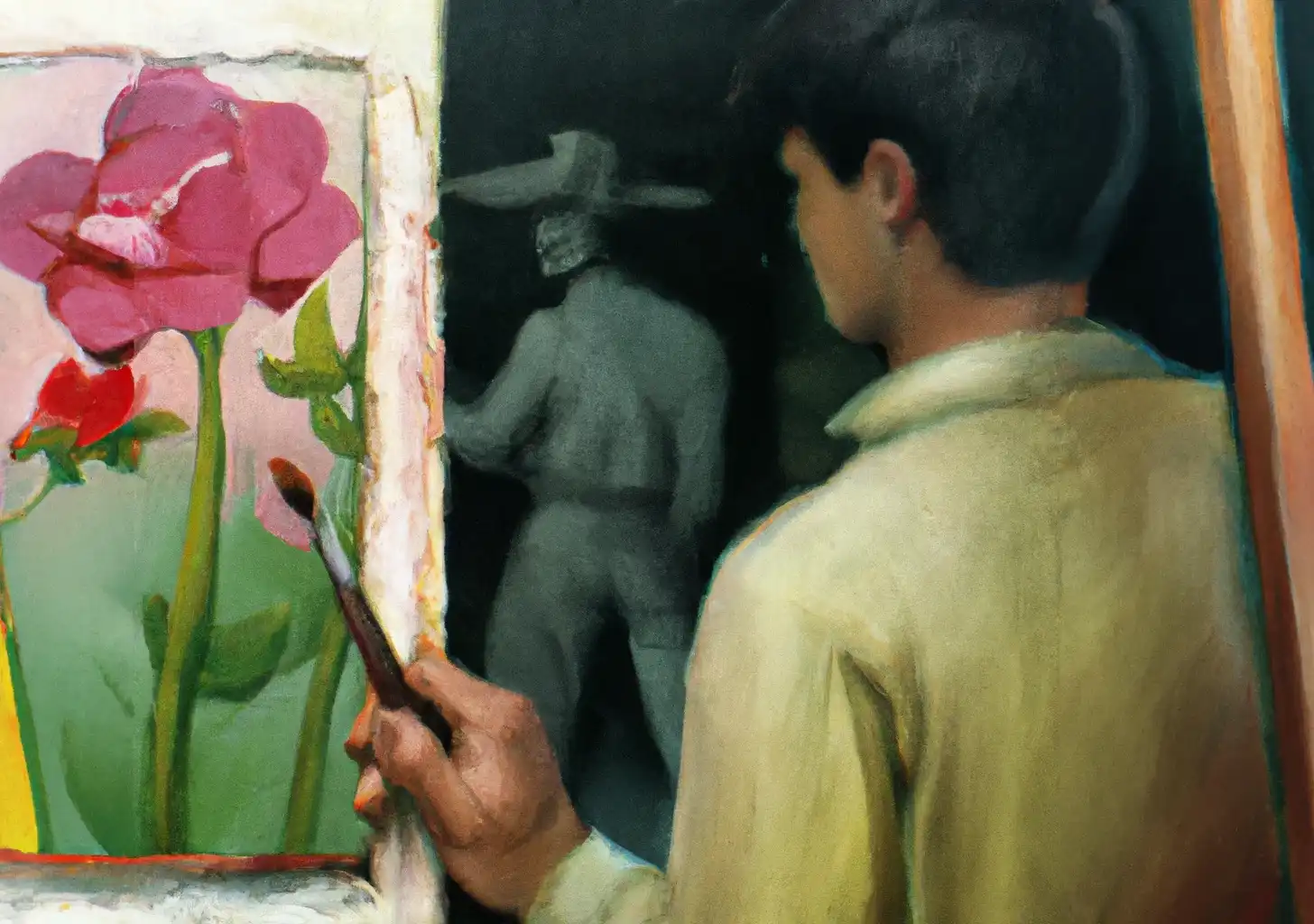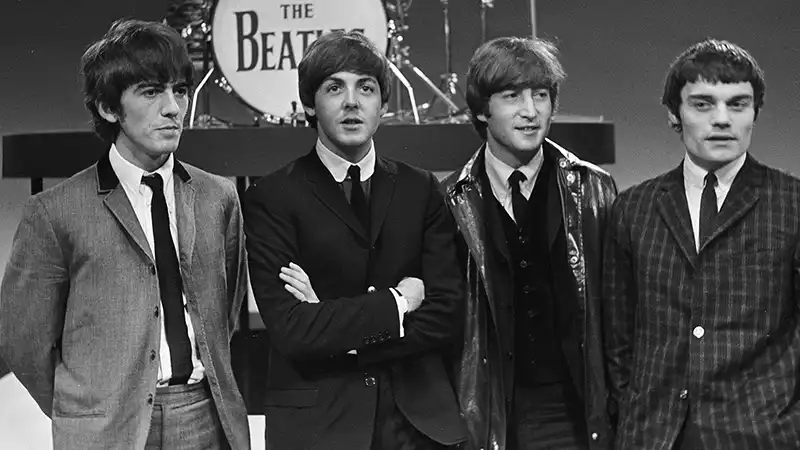By developing two uncommon skills, mindfulness and agility, you can achieve true success beyond the recipe in most fields of life and work. You must define success on your own terms, rather than rely on others’ metrics or recipes. Imitating others who have been successful works fine to get your feet wet, but it won’t make you successful, because the world has new competitors, and you are a different person.

Mindfulness practices develop skills in seeing the world more clearly, along with its opportunities and dangers. With mindfulness, we can discover hidden causes more readily, and we can fix problems and exploit opportunities more easily. In a word, mindfulness gives us insight.
Agile practices develop skills in low-cost, low-risk experimentation. Insight is great, but to blaze new paths you have to take risks. There are lots of dangers in that unexplored jungle, so we need to learn how to explore safely. In a word, agile gives us innovation.
We discuss the challenges of developing mindfulness and agile skills, including the distractions of modern life and the need for ongoing study and practice. We show how mindfulness and agile practices can be applied in different fields and situations, from healthcare to career development to family life.
Mindful agility is a practical philosophy—i.e., it is composed of practices and principles. These principles of success encourage you to first think critically about your own goals, then imitate others to get the basics of a field, then use mindfulness to build competence and insight, then use agility to innovate.
Ask us a question or provide a comment. We might include it in a coming podcast. We might send you an email back!
This episode is chapter 1.1 of the Mindful Agility book under development.
Staff
- Daniel Greening, host, agile coach, and computer scientist
- Mirela Petalli, co-host, meditation guide, and neurocritical nursing instructor
- Dan Dickson, business coach, executive and management consultant



Leave a Reply